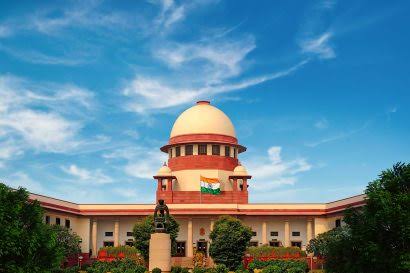New Delhi, September 13: The Supreme Court will on Monday pronounce its interim order on a batch of petitions challenging provisions of the Waqf (Amendment) Act 2025, which abolished the long-practiced concept of ‘waqf by user’.
The law, notified on April 5, 2025, mandates that only self-owned property can be declared as waqf after verification of ownership and inheritance rights. It also allows state governments to nominate members from Shia and Sunni communities, as well as representatives from backward classes, to Waqf Boards, and introduces new rules regarding the Waqf Council.
A Bench of Chief Justice of India BR Gavai and Justice AG Masih, which heard arguments extensively over three days in May, had reserved its order on May 22. The verdict is scheduled for pronouncement on September 15 at 10:30 am.
During the hearings, the petitioners, represented by senior advocates Kapil Sibal, AM Singhvi, Rajeev Dhavan, and Huzefa Ahmadi, argued that the amendment marked a “complete departure from constitutional principles” and would cause “irreparable injury” to the Muslim community. They alleged that the law amounted to the “systematic capture” of waqf properties through non-judicial processes.
The Centre, represented by Solicitor General Tushar Mehta, defended the legislation, contending that waqf was not an essential religious practice in Islam but rather a charitable institution, similar to systems of charity in other faiths. Mehta further argued that including non-Muslims on Waqf Boards was justified as the boards performed secular functions, not exclusively religious ones.
The court has identified three key issues for interim consideration: the validity of ‘waqf by user’, the nomination of non-Muslims to Waqf bodies, and the identification of government land as waqf property.
Earlier in April, the Centre had assured the court that it would not make new appointments to Waqf Boards or Councils, nor de-notify existing properties, until further orders.
Petitioners, including Jamiat Ulama-i-Hind, described the amendment as a “direct attack” on religious freedom guaranteed under the Constitution. The Centre, however, maintained that the reforms ensured transparency, prevented fraudulent claims, and respected constitutionally protected rights of Scheduled Tribes by excluding tribal lands from waqf.
The court’s interim ruling is expected to set the tone for the legal battle ahead on the constitutionality of the new waqf law.
Supreme Court to Deliver Interim Order on Waqf (Amendment) Act Petitions on Monday

